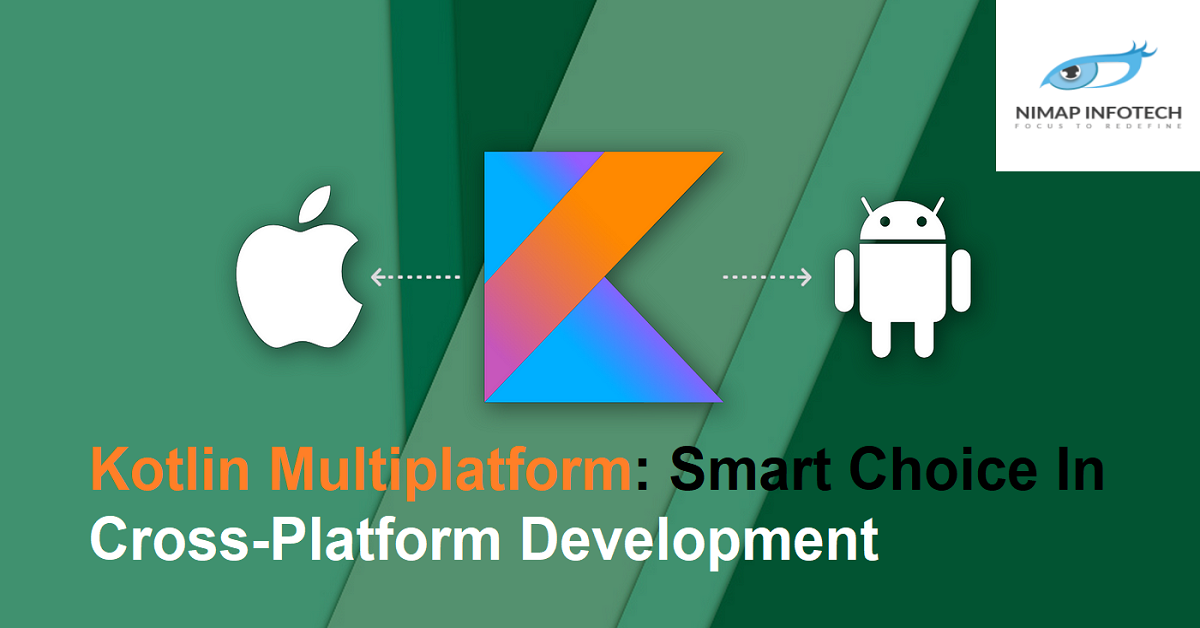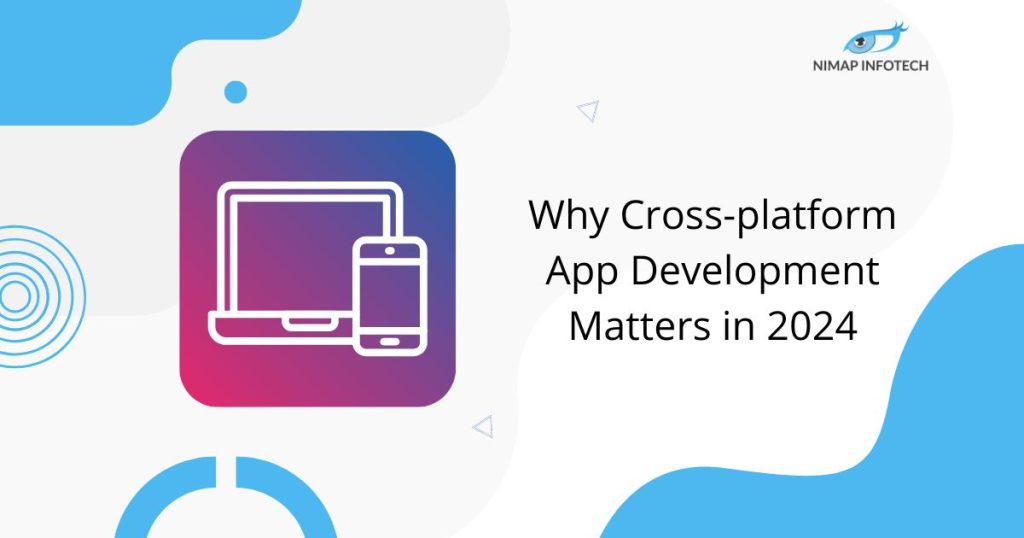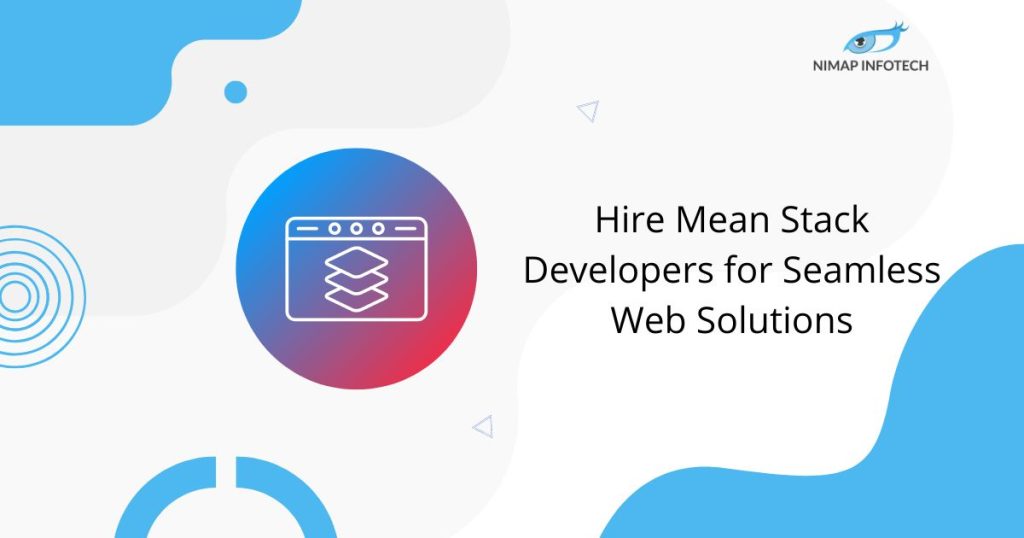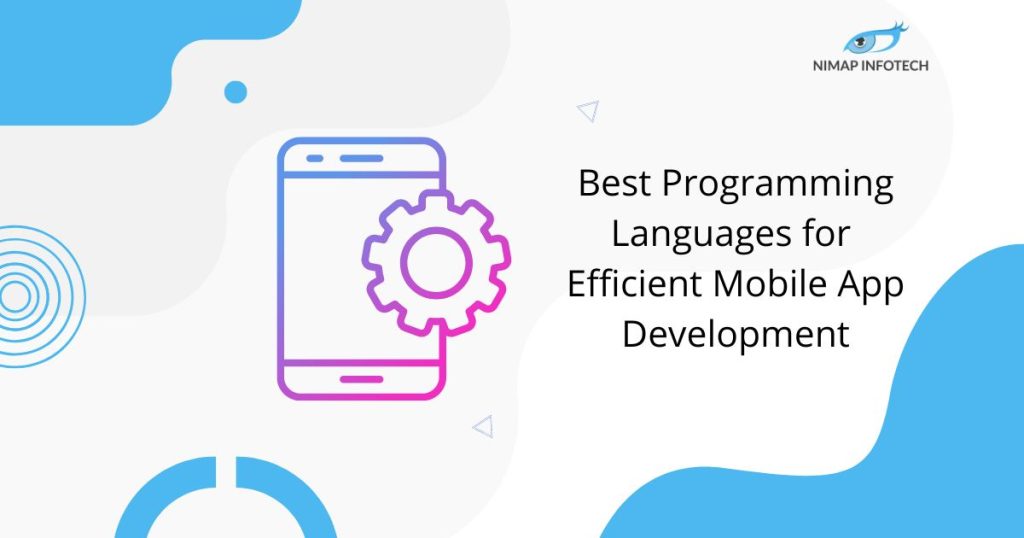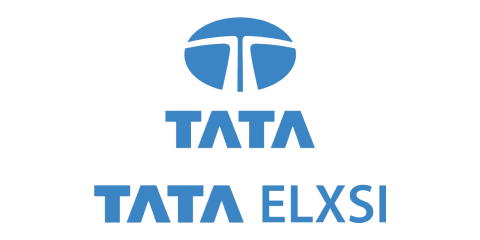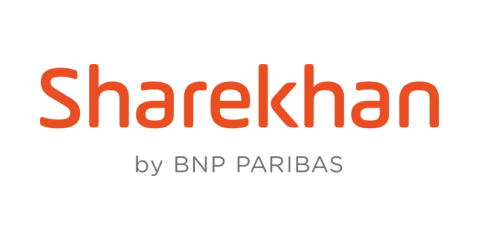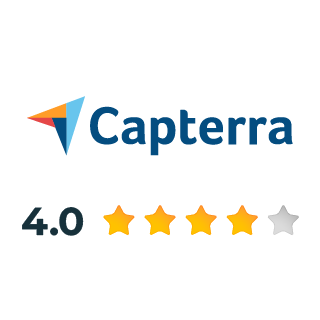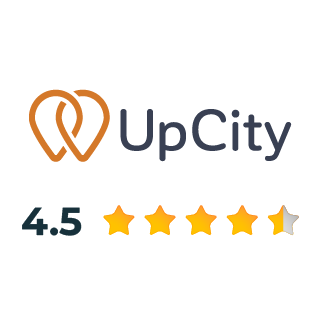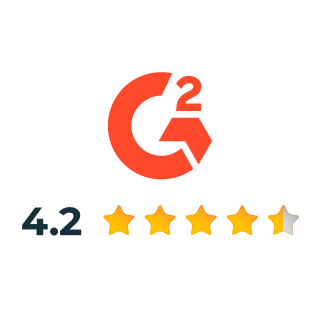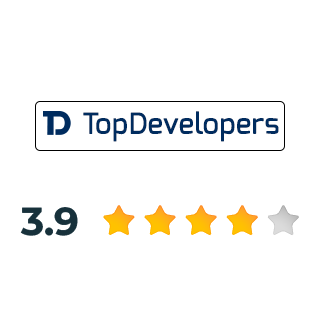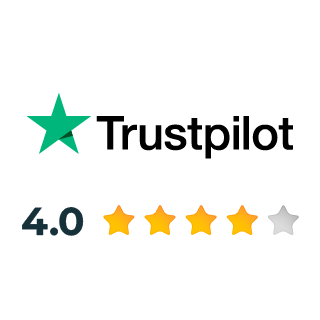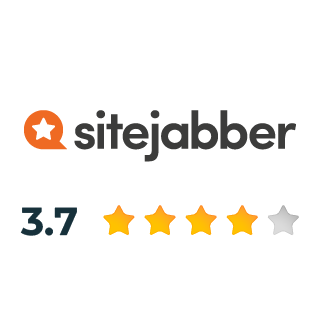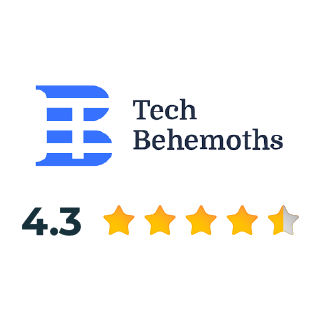A Kotlin Multiplatform toolkit enables programmers to create code that can run across several platforms. It works with every central operating system, including Windows, Linux, Android, and iOS.
In this blog article, we’ll explore Kotlin Multi-platform’s main selling points and its revolutionary potential as the most cutting-edge and futuristic cross-platform app development tool.
Let’s begin!
Why use Kotlin?
There are a number of benefits to using Kotlin for multiplatform app development, some are listed below:
Native Interoperability:
If a native library is accessible on the JVM, you can use it regardless of the platform. You may combine and match libraries from several platforms (such as Objective-C and Java) without incurring additional costs or overhead.
For instance, an Android developer doesn’t need to be familiar with new programming languages or frameworks to use a robust iOS SDK like ARKit. By passing code through a JavaScript engine like Nashorn, Kotlin also makes it feasible to interact with JavaScript libraries like ReactJS and NodeJS.
Kotlin is modern:
The difficulty of creating apps for several platforms has increased. It is required to be knowledgeable in a variety of programming languages and to invest a lot of effort in maintaining different codebases due to language constraints and platform fragmentation.
With Kotlin, you can make use of the newest language capabilities while still having access to more traditional APIs and technologies. Kotlin is the best option for you if you want to create fantastic apps quickly and effortlessly!
Do you prioritize developing apps for several platforms? Hire dedicated Kotlin app developers, and you’ll quickly create a market-leading multi-platform focused on business.
No UI required:
You don’t have to design an interface for each platform, which is a key distinction between Kotlin and other multiplatform tools. The majority of mobile applications demand touch input, thus we have to completely redesign the user interface (UI) for each device.
With Kotlin, this issue is solved since you can build an app without a user interface! Dealing with a single codebase is significantly simpler than juggling many projects to make them compatible with various devices.
Code Sharing:
Each developer may share their code across platforms, and your team only needs to manage one project that runs on every platform. What you want to write in your code is entirely up to you.
The knowledge of Java 8, JavaScript, Swift 3, or Objective-C is all that is required, therefore working with Kotlin requires less effort in terms of learning new syntaxes and language capabilities.
Also Read: Cross Platform App Development- Facts and Myths
What is Kotlin Multiplatform?
As we all know, Kotlin is the most sophisticated programming language with a wealth of cutting-edge features that even render Java obsolete as a choice for Android app development. The framework to run Kotlin code across all platforms, including iOS, Android, Windows, Mac, Linux, the Web, and all other embedded device platforms, is called Kotlin Multiplatform, and it takes the lead from here.
The main selling point of Kotlin Multiplatform is the ability to create cross-platform apps that have the exact same user interface as native Kotlin-based apps. This can eventually eliminate all the distinctions between native and cross-platform programming, therefore it is definitely a significant promise.
How does it work?
The concept was straightforward: why not take advantage of Kotlin can be compiled and used in Android environments? The Jetbrains team responsible for this concept began to consider what may occur if their efforts were sufficiently effective to deliver such an accomplishment across both platforms: one being CVDoM (i Phone) and another LM.
The potential for Kotlin to be compiled for iOS has been investigated by Jetbrains. Without wrappers or web pages, we would have 100% native code; everything would be incorporated into the system, and there would be no obstacles when interacting with the particular characteristics of each platform.
Brands using Kotlin Multiplatform
Google:
An American multinational technology business called Google has made significant investments in Kotlin. You may create Android apps using its Android Studio IDE, which is constructed on top of IntelliJ IDEA. You may have previously encountered this language when creating your Android app.
Pinterest:
One of the most widely used social networking sites is Pinterest. They also employed Kotlin and justified their selection by stating that they required a programming language they could rely on—one that would be trustworthy, efficient, scalable, and effective at what it did. In Kotlin, we believe we have discovered what we were seeking
Netflix:
Kotlin is the main development language used by one of the top video streaming providers. A representative from Netflix verified that the company uses Kotlin for production code and said that it provides the highest performance and usability ratio.
Uber:
A San Francisco-based start-up for an online transportation system also builds its applications using Kotlin Multiplatform. In an interview with InfoWorld magazine, its CTO defended the adoption of Kotlin and cited cross-platform compatibility as one of the language’s key benefits.
Read More: Native vs. Hybrid vs Cross Platform for App Development
Kotlin multiplatform offers a quick and effective approach to creating cross-platform apps, making it an excellent option for enterprises. You may be confident that your app will satisfy all the standards without any unpleasant surprises because we created the language with business needs in mind.
Additionally, Kotlin multiplatform use Java libraries, giving you access to a huge library of pre-existing code snippets and modules that might aid in hastening the start of your project.
Kotlin multiplatform should be at the top of your list if you’re seeking a trustworthy and effective cross-platform app development solution.
If you have experience using Kotlin, consider hiring developers in India from Nimap Infotech, a reputable IT outsourcing company. You may employ them to do your project on time we have more than 400+ developers.
